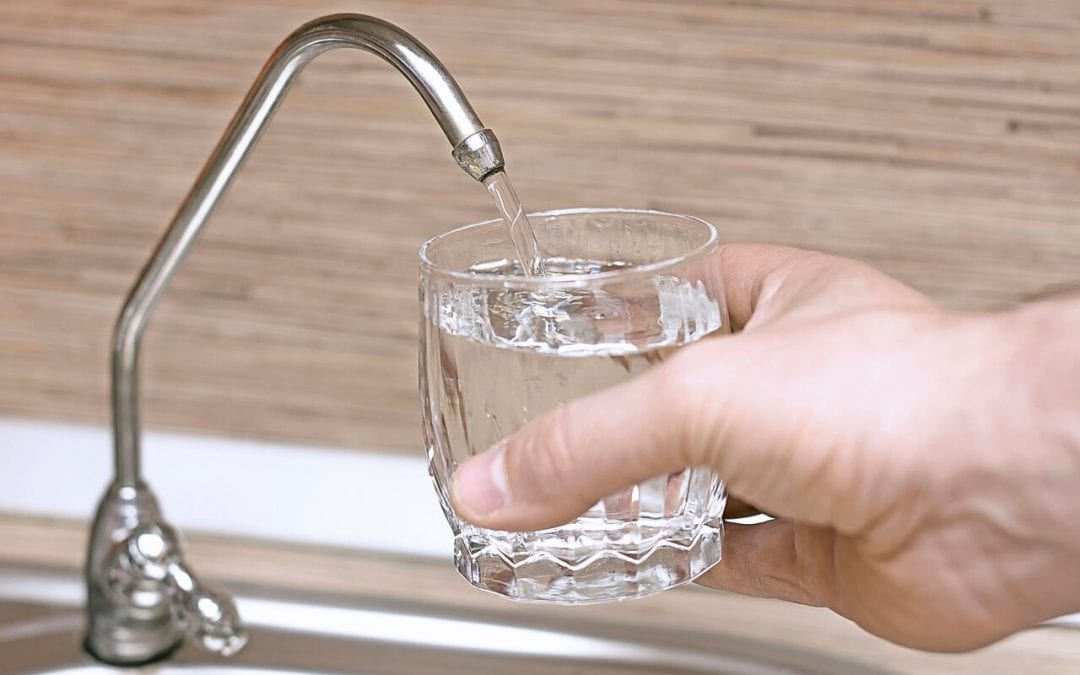Types of Home Water Filters
There are different types of home water filters that reduce sediment, remove contaminants, and kill bacteria and viruses. Opt for a filter that addresses your main concerns, because no single filter will remove all pollutants from the water. Here are five types of home water filters that will make your drinking water safer.
Get Safer Drinking Water with a Reverse Osmosis Filter
Reverse osmosis (RO) eliminates contaminants like arsenic, radium, fluoride, and copper. This method of filtration produces some of the cleanest drinking water, though it is one of the more expensive filters.
RO filters are very popular but are not practical for everyday household uses (showering, dishwashing, and toilet flushing) since they use nearly four times the amount of water normally needed and reduce water pressure. Reverse osmosis systems are best for purifying drinking water.
Ion Exchange
Ion exchange filtration is an inexpensive method for filtering out uranium, fluoride, nitrates, iron, and calcium. However, a filter that uses ion exchange is unable to remove microorganisms and sediment, and may not be best for well water.
Activated Carbon
Activated carbon filters are an affordable option with an excellent capacity for removing contaminants, such as chlorine, chloroform, sediment, and magnesium while reducing bacterial growth.
They can be used with other filtration methods for better water purity and do not require electricity to operate. Activated carbon cannot eliminate viruses, dissolved solids, or excess minerals.
Ultraviolet (UV) Filters Provide Safer Drinking Water
UV filters have a higher upfront price but a low operating cost and they are a great choice for chemical-free water filtration. A UV filter will kill 99.99 percent of harmful microorganisms.
The lifespan of the membrane used for filtration is up to three years. The UV filter, however, requires electricity to run and cannot completely purify your drinking water on its own.
Water Distillation Systems
Distillation is a less popular filtration method that produces some of the purest drinking water. It doesn’t require replacement filters and removes bacteria, dissolved solids, excess minerals, metals, calcium, and nitrates. Distillation also kills microorganisms and even some viruses. However, it is a time-consuming process that requires electricity, resulting in higher operating costs.
Selecting the best home water filter starts with knowing the contaminants in your drinking water. Have your water tested or request a water quality report from your local utility company. With this knowledge, you’ll be able to choose the right filter to remove contaminants from your home’s drinking water.
Tri-County Inspection & Consulting Services provides home inspection services including water testing and well water analysis for customers in the Greater Charlotte area. Contact us to schedule an inspection.

